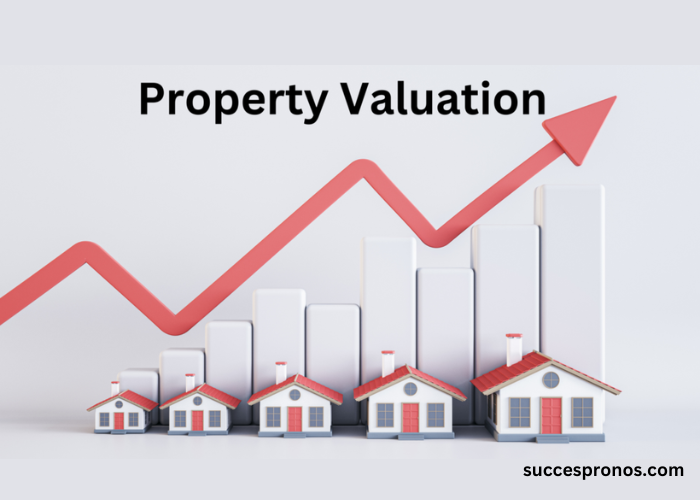
When it comes to buying, selling, or investing in real estate, one of the most crucial steps is understanding the value of the property. A comprehensive property valuation helps determine the true worth of a property by considering various factors that affect its market price. Whether you’re a homeowner, investor, or real estate professional, knowing how to properly value a property can ensure better decision-making. Here’s a step-by-step guide to performing a thorough property valuation.
Gather Essential Property Information
For detailed house valuations, it’s important to assess factors like the property’s location, size, condition, comparable sales, local market trends, and the potential for rental income or long-term appreciation. Consider the following:
- Location: The property’s address and its proximity to essential amenities, like schools, transportation hubs, and shopping centers.
- Size: The total square footage of the land and building, as well as the number of rooms and bathrooms.
- Age and Condition: The age of the building, any renovations or repairs, and its overall condition.
- Zoning and Land Use: The property’s zoning designation, which can influence its potential use and future value.
- Ownership History: A record of past ownership, which might indicate any issues with the property, like legal disputes or unresolved maintenance problems.
Consider Comparable Properties (Comps)
One of the most common methods of property valuation is comparing the subject property to similar properties (comps) that have recently sold in the area. This approach helps provide a benchmark for determining the fair market value of the property. Here are some tips:
- Select Comparable Properties: Identify recently sold properties with similar characteristics—such as size, age, and location—to ensure a like-for-like comparison.
- Adjust for Differences: Adjust the sale prices of comps for any differences in features, such as a larger lot size or an upgraded kitchen.
- Analyze Market Trends: Look at the broader market trends in the area, including whether property values are rising or falling, to ensure your comps are up-to-date.
Analyze the Local Real Estate Market
Market conditions play a critical role in property valuation. The real estate market can vary significantly based on location, demand, and economic factors. Understanding these conditions can help adjust the value of a property.
- Supply and Demand: In a seller’s market, where demand exceeds supply, property values tend to rise, whereas in a buyer’s market, prices may fall.
- Interest Rates: The cost of financing affects property values. Higher interest rates may reduce demand for property, which could lead to a lower valuation.
- Economic Indicators: Look at local economic health, including unemployment rates, economic growth, and population trends, all of which impact property values.
Evaluate the Property’s Income Potential
For investment properties, one of the most important aspects of the valuation is its income-generating potential. This can be especially crucial for commercial properties or rental properties. Evaluate these factors:
- Rental Income: If the property generates income, assess its potential rental income by reviewing the current rental rates for comparable properties in the area.
- Operating Expenses: Consider the costs associated with managing the property, including maintenance, taxes, and insurance.
- Capitalization Rate: Calculate the property’s capitalization rate (Cap Rate) by dividing the property’s annual net operating income by its current market value. This will provide an indicator of the potential return on investment.
Hire a Professional Appraiser
For a truly comprehensive and unbiased property valuation, hiring a professional appraiser is often the best option. An appraiser will perform a detailed inspection, consider the market conditions, and apply industry-standard methods to arrive at a precise valuation. Their expertise can be especially useful when dealing with complex properties or unique circumstances.
Conclusion
A thorough property valuation goes far beyond just considering the asking price or the seller’s estimate. By collecting crucial details about the property, comparing it with similar properties, assessing the local market conditions, and evaluating its potential for generating income, you can determine a fair and precise value. To ensure even greater accuracy, it’s always advisable to consult a certified appraiser. Armed with this comprehensive information, you’ll be equipped to make well-informed decisions whether you’re buying, selling, or investing in real estate.